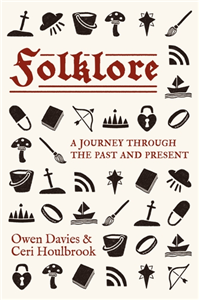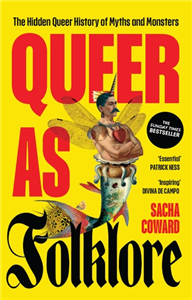Knowledge resistance
How we avoid insight from others
by Mikael Klintman
Why do people and groups ignore, deny and resist knowledge about society's many problems? In a world of 'alternative facts' and 'fake news', the question has never been more pressing. This book integrates insights from the social, economic and evolutionary sciences to advance our understanding of the phenomenon of knowledge resistance. It identifies simplistic views in public and scholarly debates about what facts, knowledge and human motivations are and what 'rational' use of information actually means. The examples used include controversies about nature-nurture, climate change, gender roles, vaccination, genetically modified food and artificial intelligence. Drawing on cutting-edge scholarship as well as personal experiences of culture clashes, the book is aimed at the general, educated public as well as students and scholars interested in the interface of human motivation and the urgent social problems of today.











